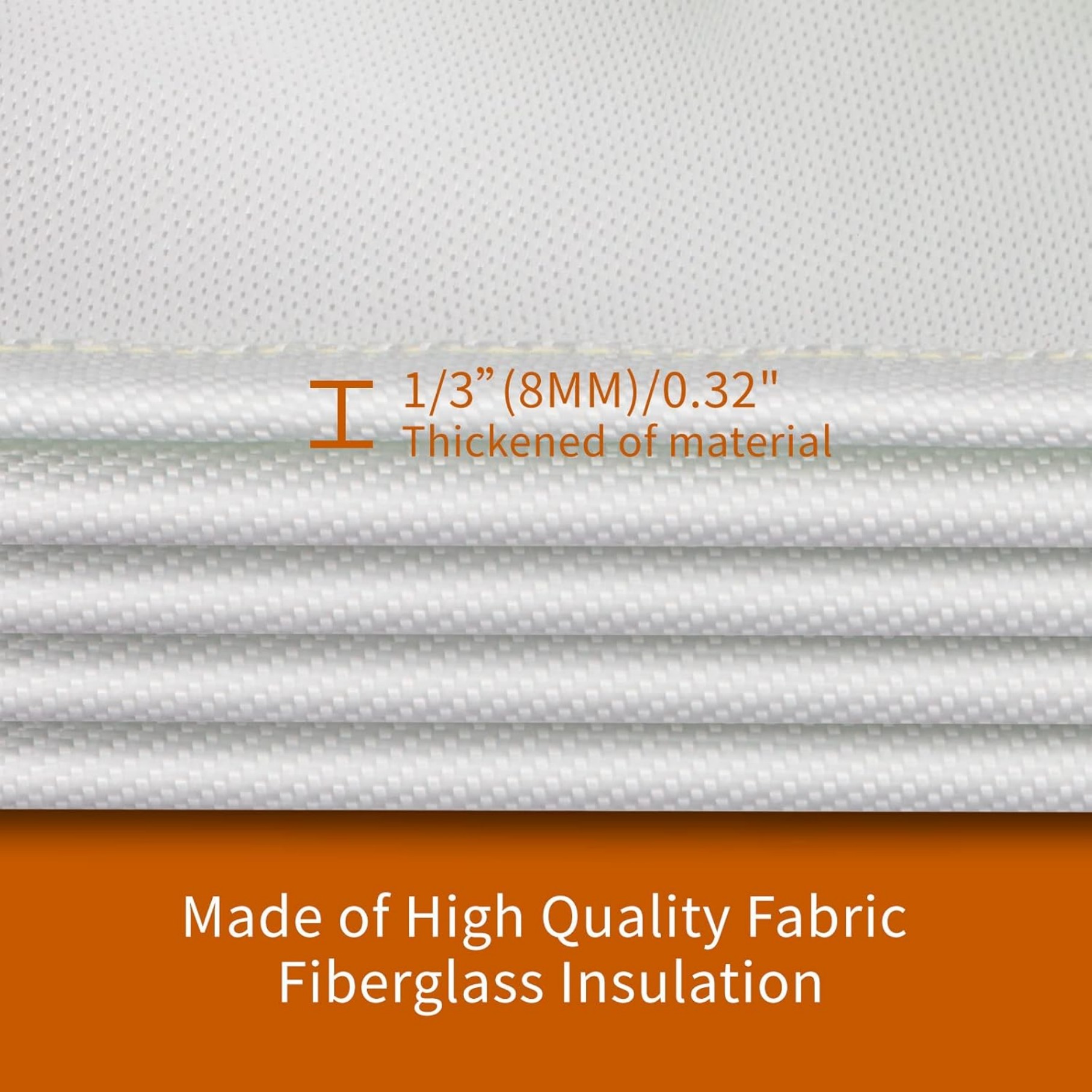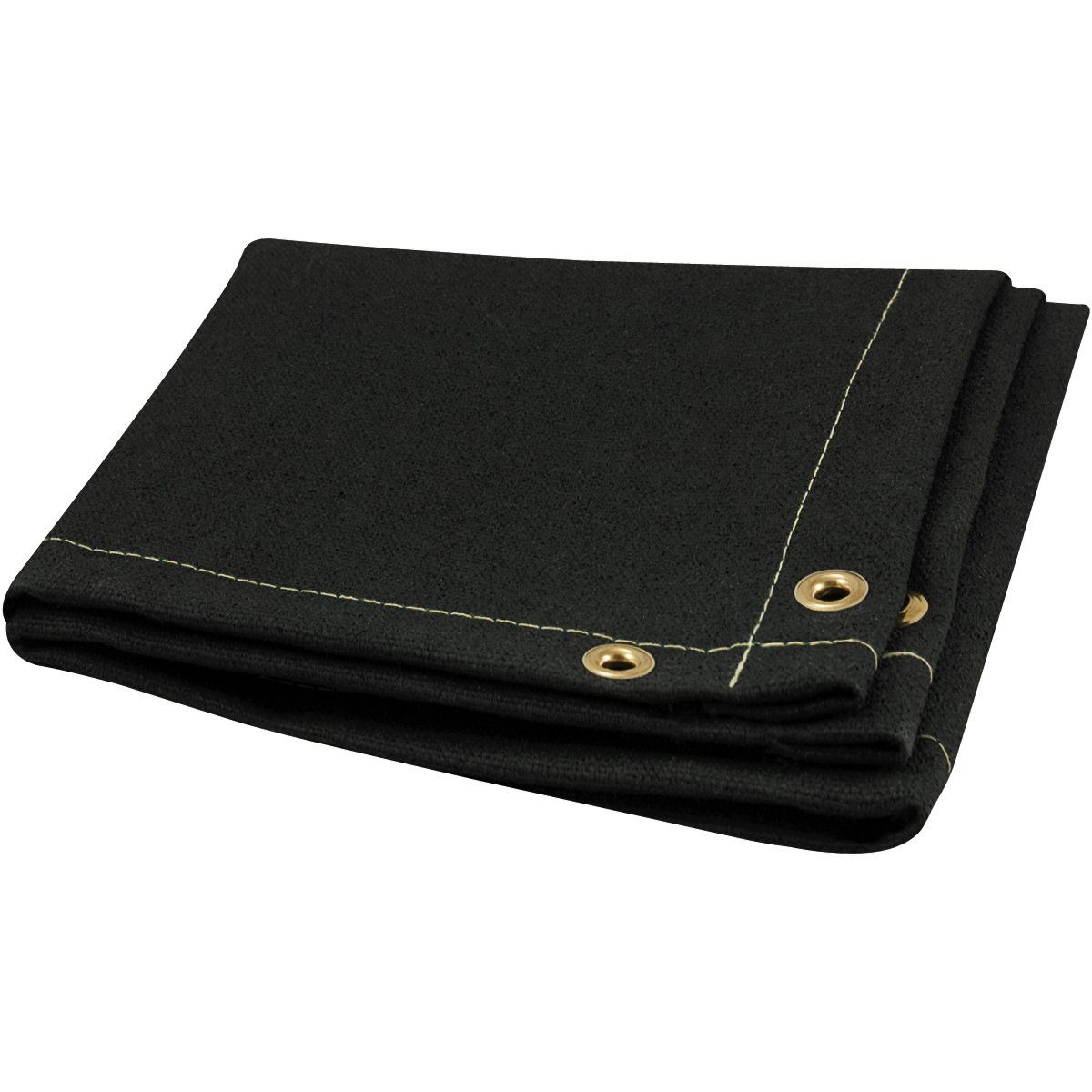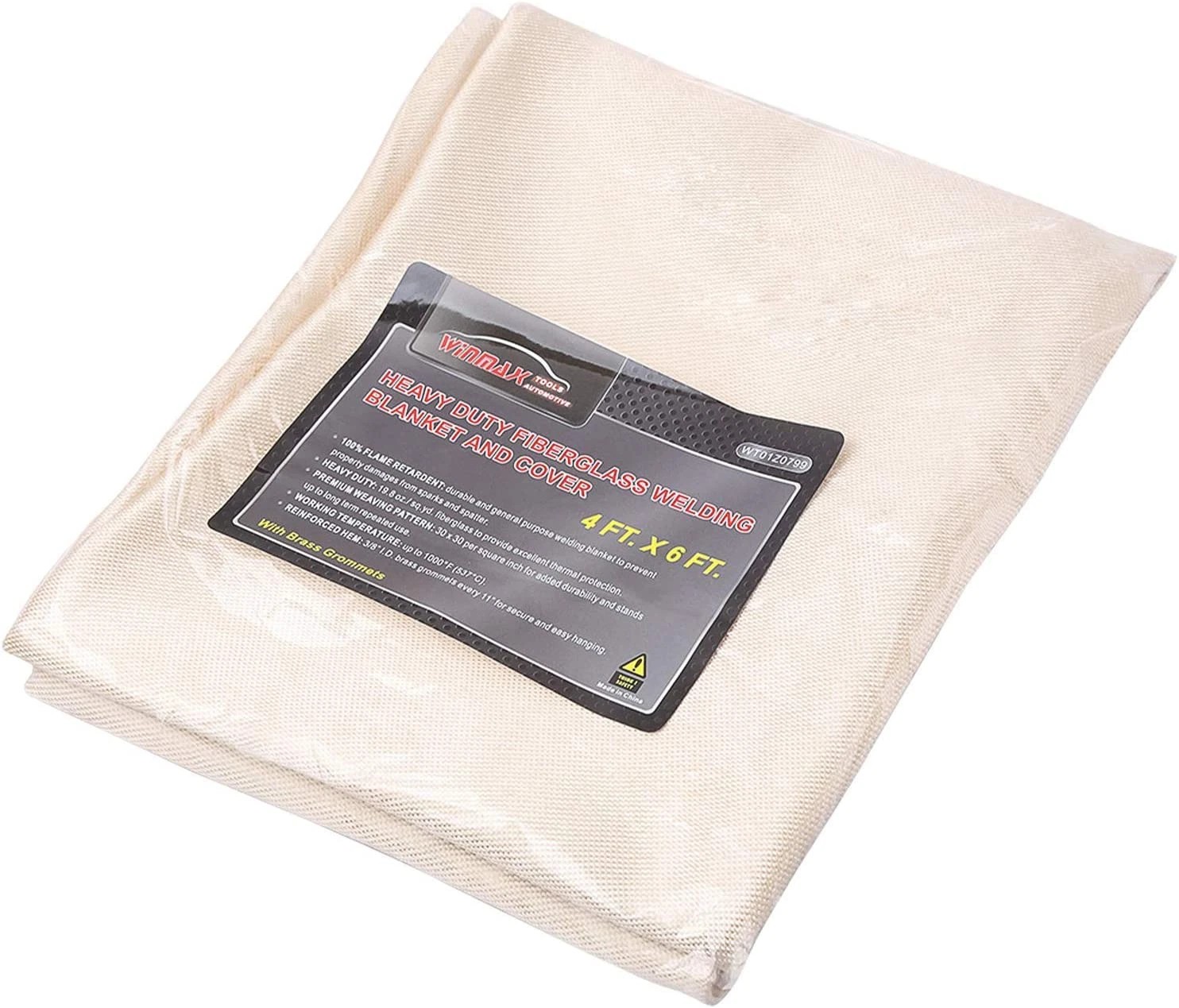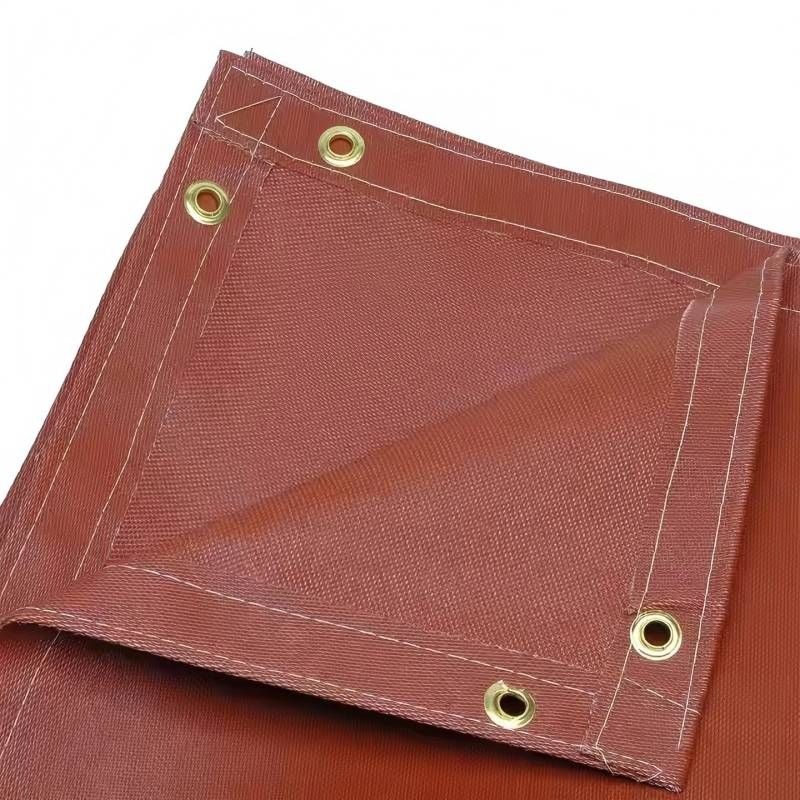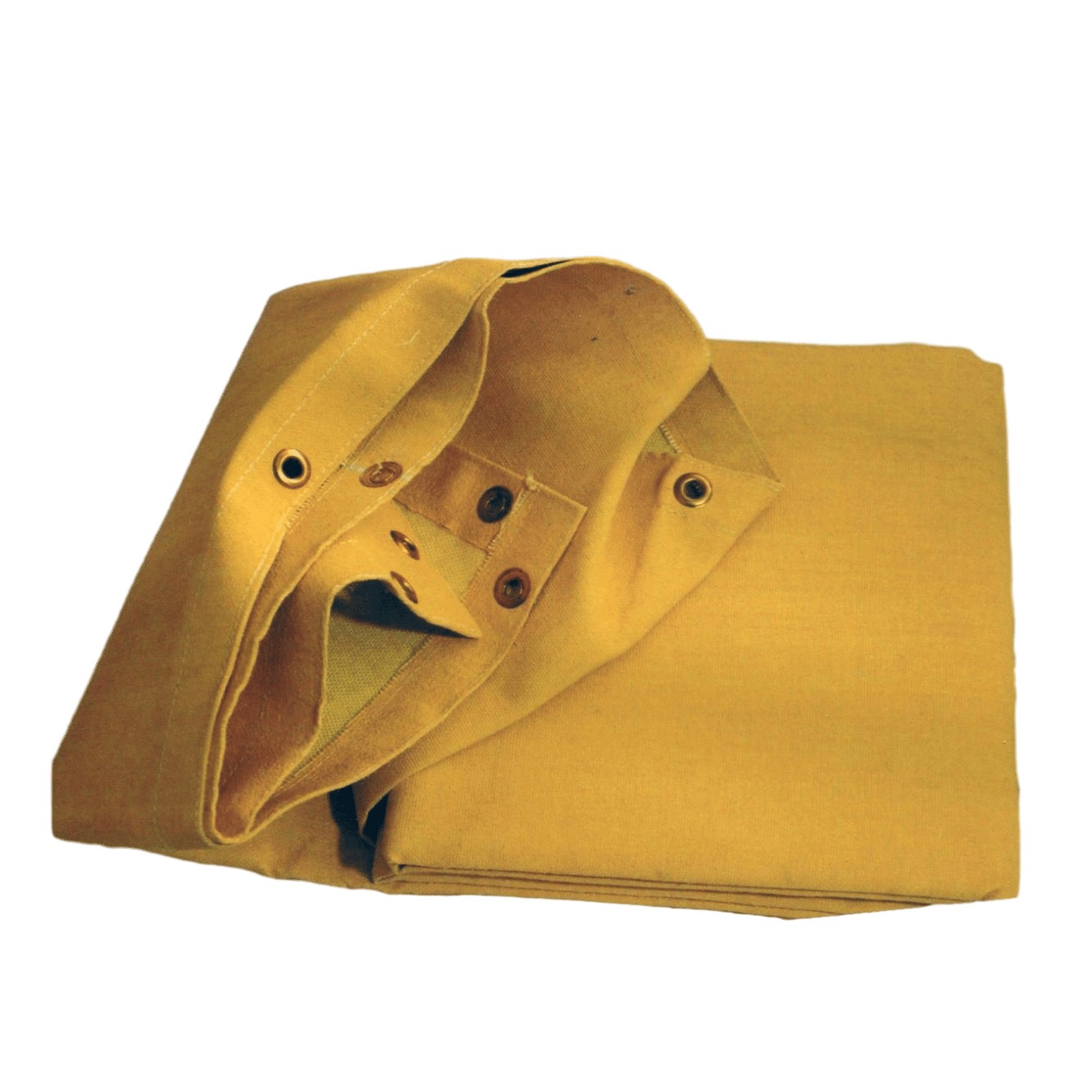Welding Protection Blankets: Essential Safety Gear for Industrial Work
Welding protection blankets are crucial safety tools that shield workers and equipment from sparks, heat, and molten metal. This guide explains their benefits, materials, and proper usage to enhance workplace safety.
What Is a Welding Protection Blanket?
A welding protection blanket is a heat-resistant barrier made from specialized materials like fiberglass or silica. You use it to cover nearby equipment, floors, or walls during welding operations. These blankets prevent fire hazards by containing sparks and blocking radiant heat up to 2000°F (1093°C).
Key Benefits of Using Welding Blankets
When you invest in quality welding protection blankets, you gain multiple advantages:
- Fire prevention:Stops sparks from igniting flammable materials
- Equipment protection:Shields machinery from heat damage
- Workplace safety:Reduces burn risks for workers
- Versatility:Can be used in various welding applications
- Cost-effective:Prevents expensive damage to property
Types of Welding Protection Blankets
You'll find three main types of welding blankets based on material composition:
- Fiberglass blankets:Most common type, good for general welding up to 1000°F (538°C)
- Silica blankets:Higher temperature resistance (up to 2000°F/1093°C), ideal for heavy-duty work
- Multi-layer blankets:Combine different materials for superior protection
How to Choose the Right Welding Blanket
Selecting the proper welding protection blanket depends on your specific needs:
- Consider the maximum temperature of your welding operations
- Measure the area you need to protect to determine size requirements
- Check for certifications like OSHA compliance
- Evaluate durability needs based on frequency of use
- Look for reinforced edges for longer lifespan
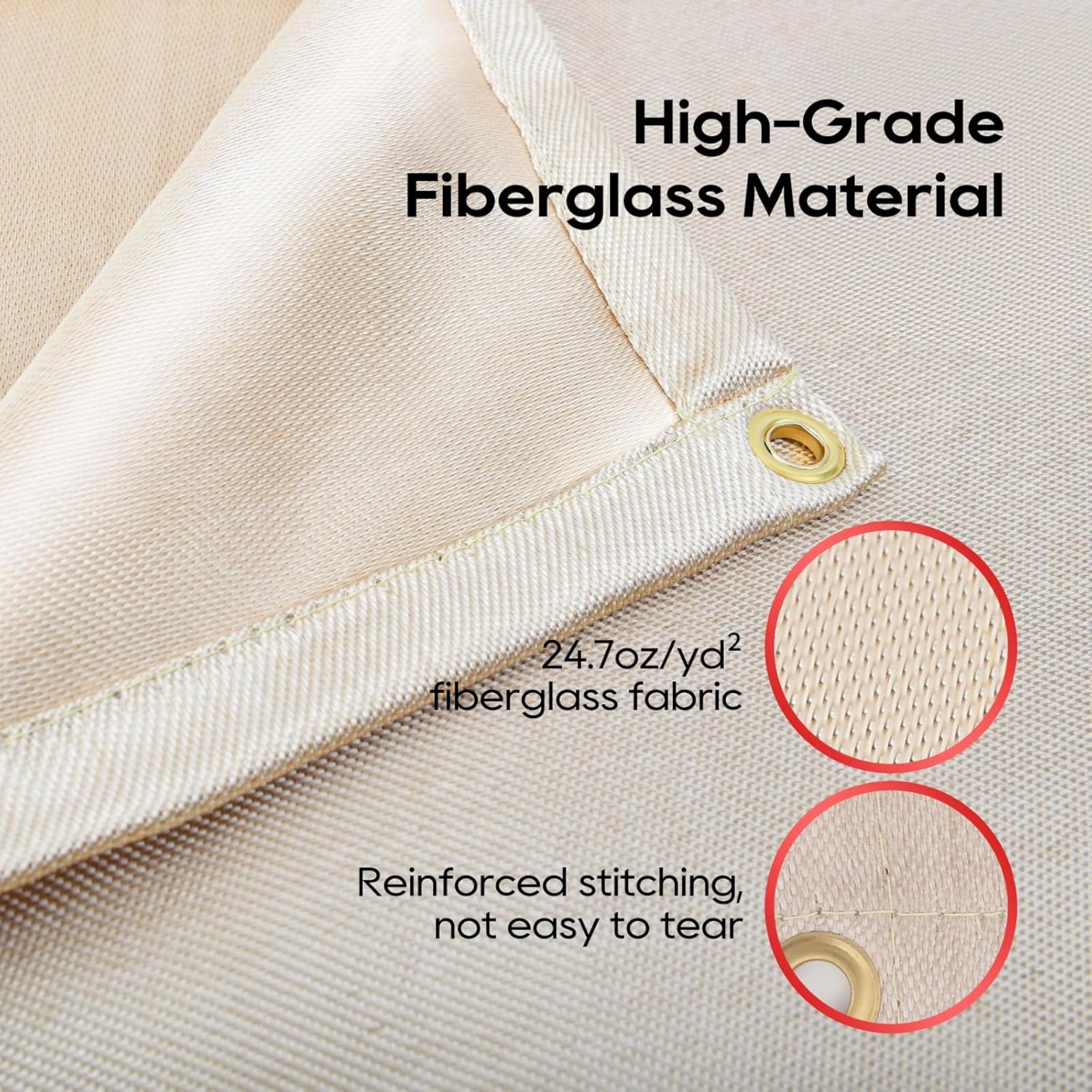
Proper Usage and Maintenance Tips
To get the most from your welding protection blanket:
- Always inspect for damage before use
- Ensure complete coverage of protected areas
- Overlap multiple blankets when covering large spaces
- Store properly in a dry, clean location
- Clean regularly with compressed air or soft brush
- Replace when you notice significant wear or holes
Common Applications Beyond Welding
While designed for welding, these blankets serve other purposes:
- Foundry work protection
- Fire containment during hot work
- Thermal insulation for pipes and equipment
- Emergency fire blankets
- Heat shielding in automotive repair
Safety Standards and Certifications
Quality welding protection blankets meet important standards:
- OSHA 1910.252 for welding safety
- NFPA 51B for fire prevention during hot work
- ASTM standards for material performance
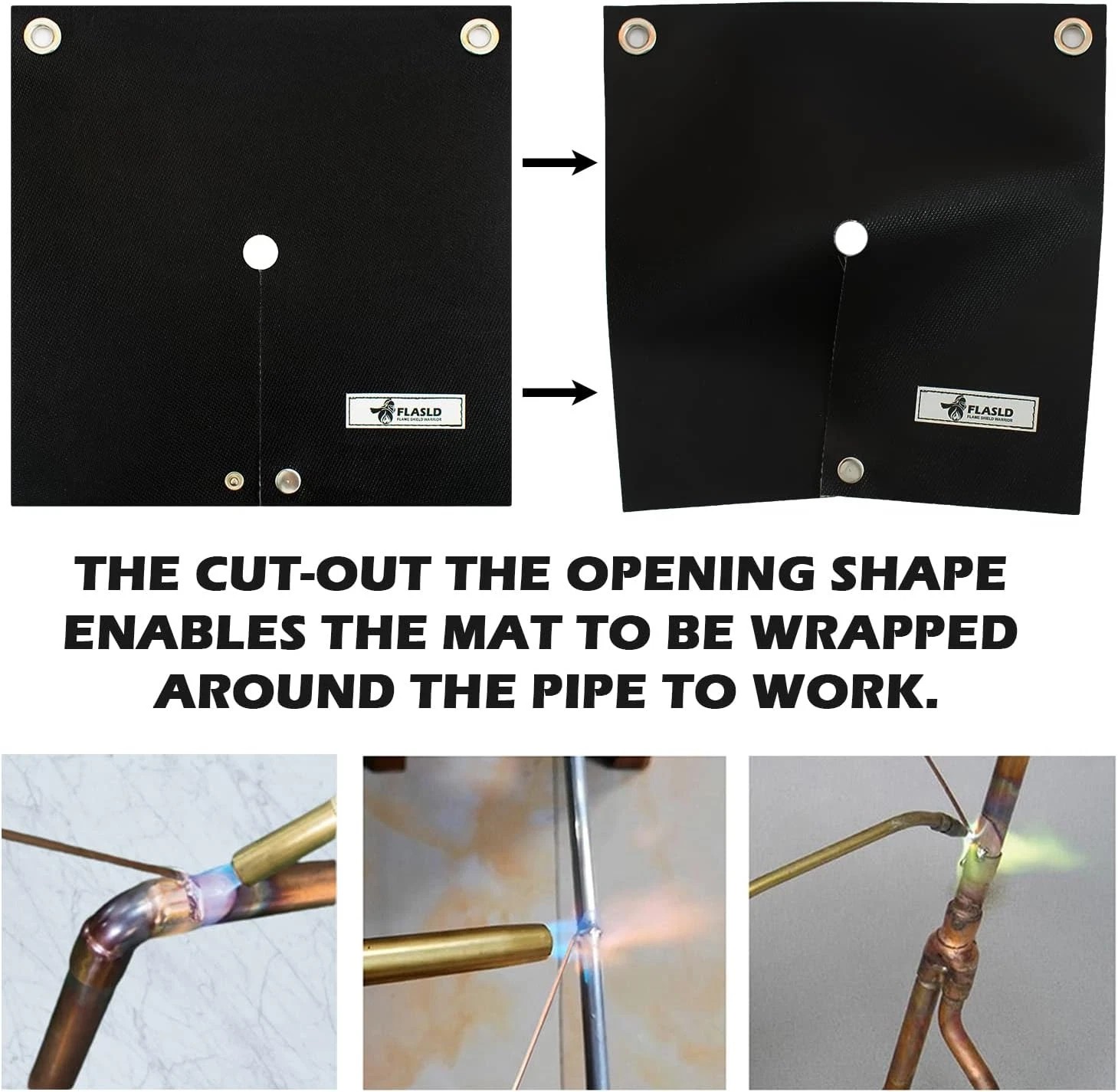
Always verify certifications before purchasing to ensure proper protection.
Conclusion
A welding protection blanket is an essential safety investment for any welding operation. By choosing the right type and using it properly, you significantly reduce fire risks and protect both personnel and equipment. Remember that no safety measure is too small when dealing with high-temperature work.


